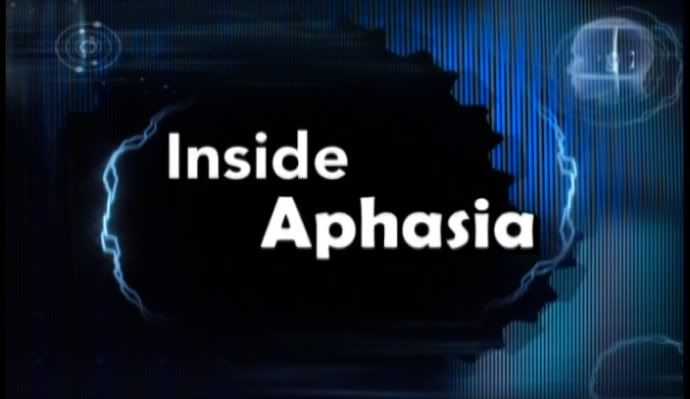
After creating this blog I have learned so much about Aphasia, and the different types associated with aphasia. We learn that there are multiple types, ones more severe than others. The blog also educated individuals on the ways to become diagnosed with aphasia, and the support for love ones. We also are given specific information from statistics and surveys on aphasia, and the pronunciation of words. Finally, we are given video to help one understand how to cope with someone diagnosed with aphasia, and to see how there lives are affected from day to day.
The learning objectives obtained in this blog:
- Learning the definiton of Aphasia, and how it is clasified
- Learning information; including diagnosis, treatment, and support tactics
- Learning specific information and statistics about Aphasia




